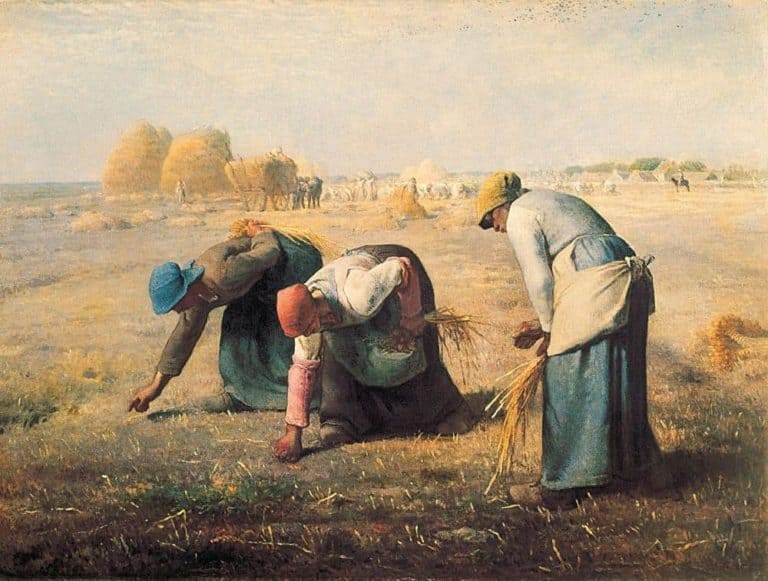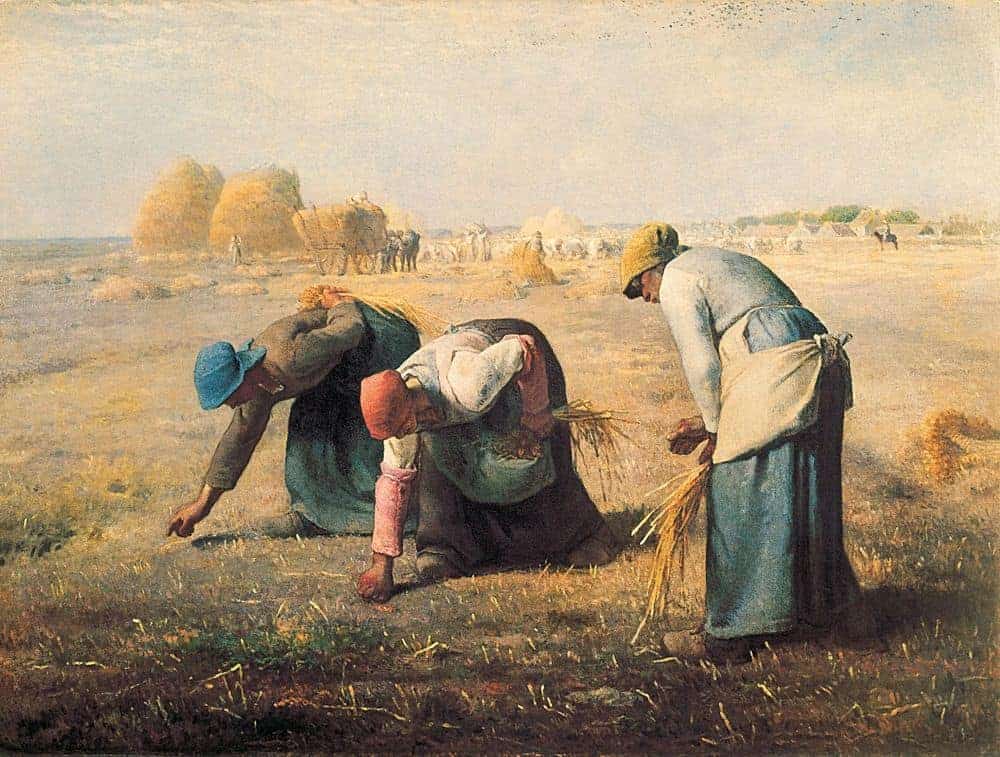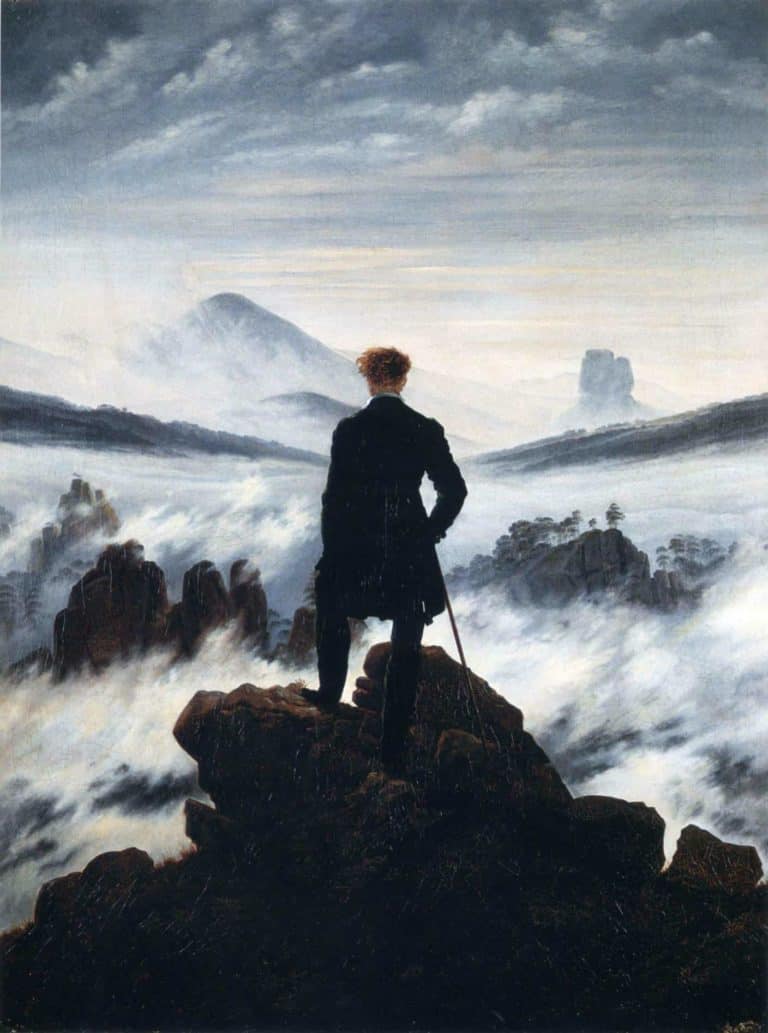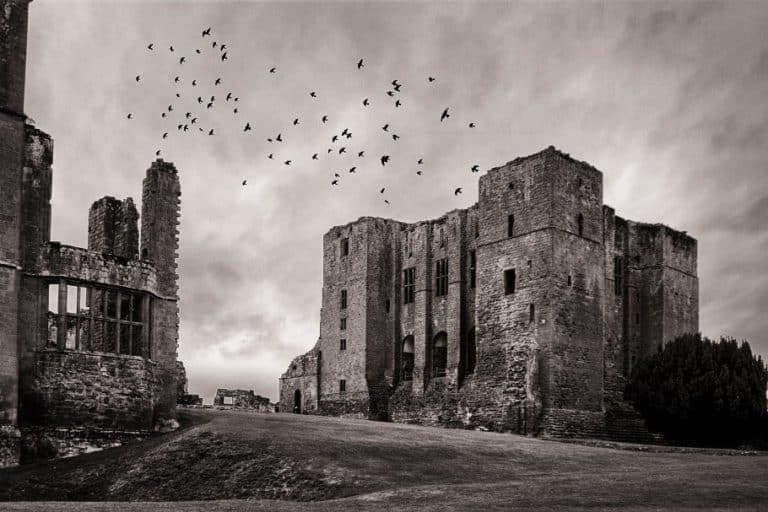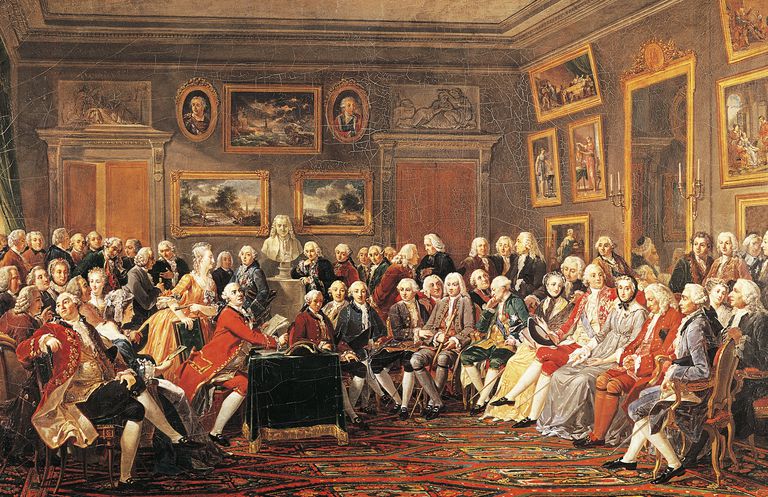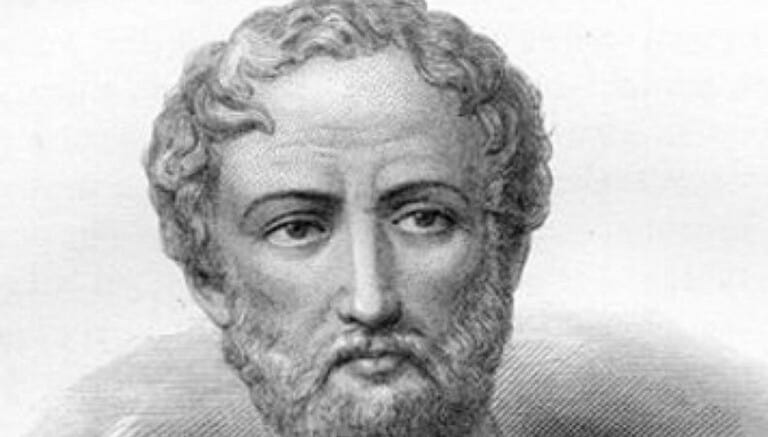Here is an analysis of each chapter in Cider with Rosie by Laurie Lee.
A general summary
In Cider with Rosie, Laurie Lee recalls his childhood and adolescence. He was one of seven children in a close family headed by his mother: he grew up in England, in a Cotswold village governed by tradition.
The book is organised in accord with his early exploration of his widening world. He examines his infant sensations, his cottage, his yard, his village and Cotswold Valley, then local superstitions, village education, his neighbours, public tragedies, private life stories, his childhood games, village celebrations, sexual initiations, and the eventual changes as his childhood, his close family life, and the traditional village life pass away forever.
Chapter 1: First Light
In this chapter, Lee gives a three-year-old’s perceptions and misconceptions: small about objects around him, Laurie crawls among “forests” of household objects and he believes autumn is a season and the war’s end means the end of the world. Lee uses metaphors and similes (often of water) to communicate the child’s sense of adventure.
This chapter introduces most of the themes that will be developed in the story throughout the different episodes of Laurie’s childhood: the importance of family ties, the constant presence and role of the women in his own development and the absence of a father, the magic in the world surrounding him causing numerous fears, the importance of the seasons and the overwhelming presence of nature and death.
Chapter 2: First Names
The second chapter is divided into three sections. It begins in a dark winter with peace and the men returning from war and it ends in the “long hot summer of 1921”. It roughly has to do with night-time feelings: dreams, terrors and superstitions.
The village legends: ignorance and superstition were common features shared by all the people of the village, and they led them to fear a world which seemed unpredictable and was governed by magic laws. Some animals or natural phenomena were given a particular meaning and there were ill omens that brought bad luck to those who crossed their path.
The village freaks: the freaks such as Cabbage Stump Charlie, Albert the Devil, Percy from Painswick… were all more or less physically or mentally peculiar. The reader might be surprised at the number of handicapped people who populate the area.
This phenomenon could be explained by the fact that there was so great mixing of the population, which led to the problem of consanguinity. Besides, diseases and malnutrition must have led to further handicaps. These freaks with their “cartoon” nicknames were probably the most striking and frightening people whom the little boy had heard of or seen in his narrow world.
The flood: the chapter ends then with another apocalyptic scene: the flood following a particularly dry summer. This part enables the narrator to emphasize the role religion played for the villagers at that time.
In their eyes, the world was driven by magic forces that could be influenced, either by appeals to god, the Christian God or if this did not work, by resorting to other methods: “As the drought continued, prayer was abandoned and more devilish steps adopted”.

